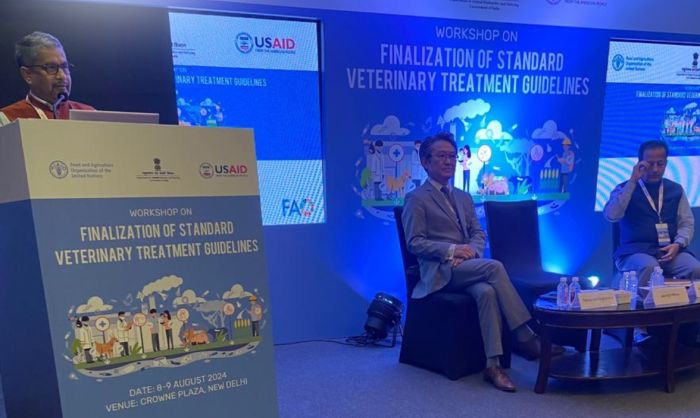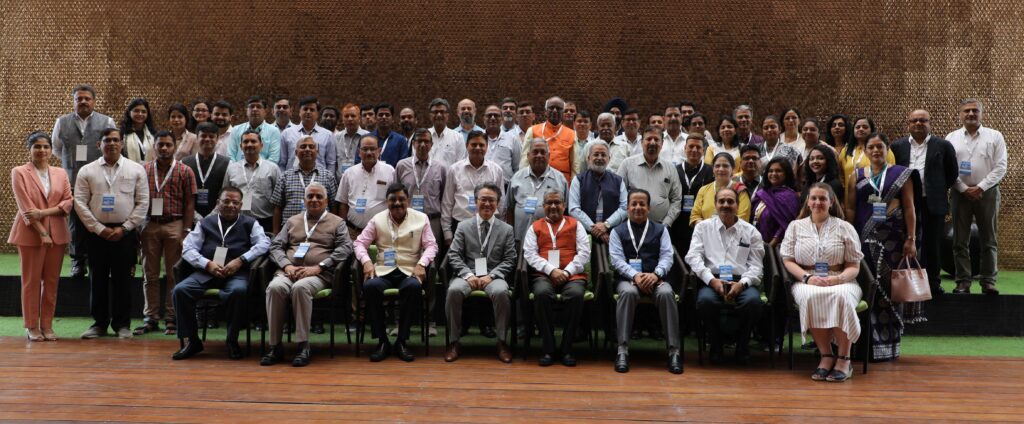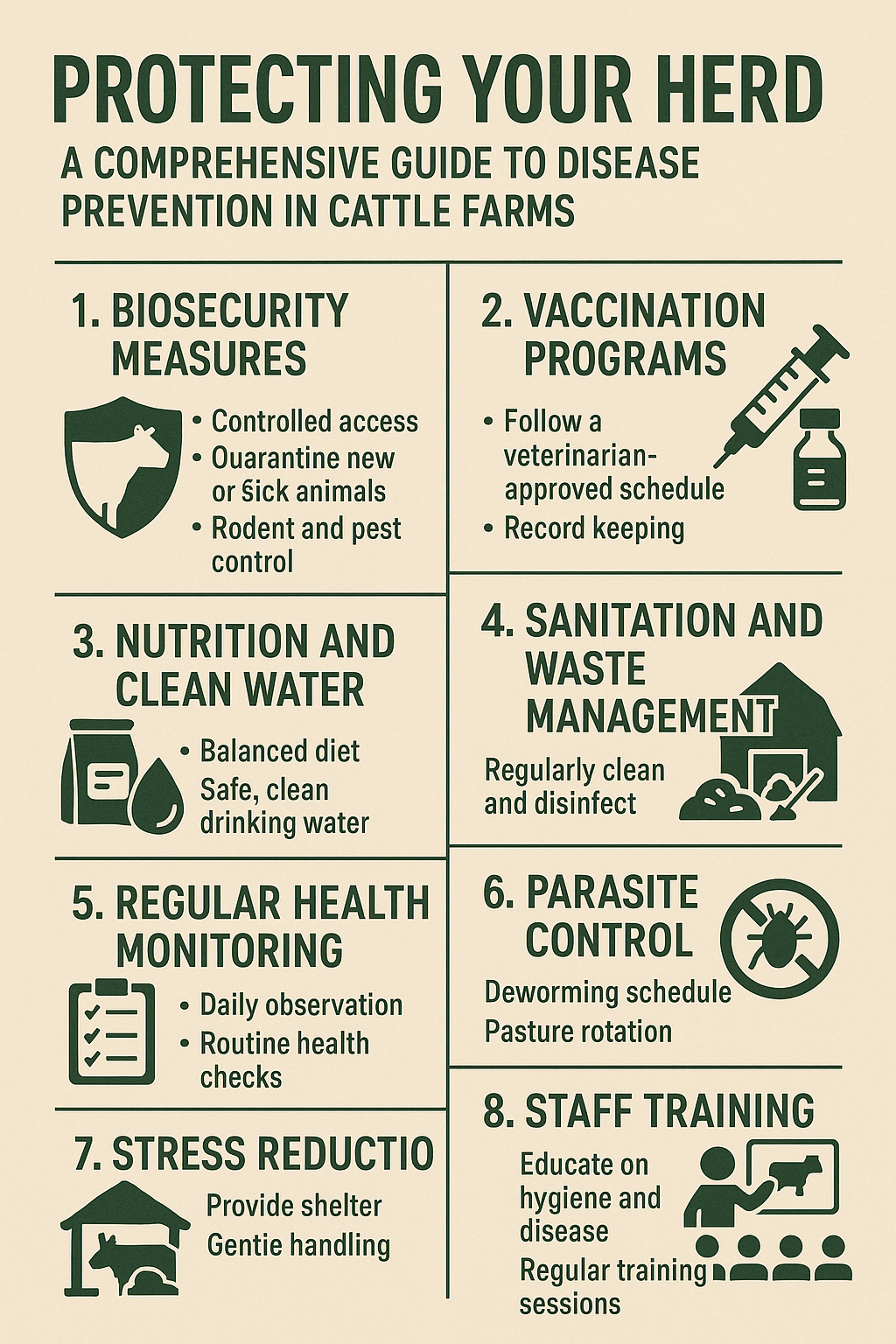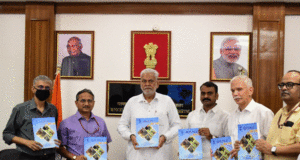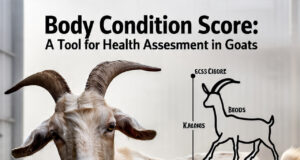
The Food and Agriculture Organisation of the United Nations (FAO) and the Department of Animal Husbandry and Dairying co-hosted a two-day workshop on 8-9 August 2024 to finalise the Standard Veterinary Treatment Guidelines (SVTGs). Over 70 participants from the veterinary and animal health sectors, including representatives from ICAR Animal Science Institutes, Veterinary Universities, private sector organisations such as the Indian Federation of Animal Health Companies (INFAH), and international bodies such as USAID and Jhpiego, attended the workshop, which was supported by USAID.
One of the primary goals of this workshop was to collaboratively establish guidelines that would standardise veterinary practices in India. Aiming to harmonise animal treatments, the SVTGs, in conjunction with a Ready-Reckoner, are designed to produce safer animal-source foods (ASFs) and healthier animals. In an effort to mitigate the risk of antimicrobial resistance (AMR) and reduce residues in ASFs, these guidelines are designed to reduce the superfluous use of antimicrobials, pharmaceuticals, hormones, and other medications. Treatment protocols for 274 maladies across 12 main species, including cattle, buffalo, sheep, goat, poultry, swine, equines (horses, donkey, mule), camel, yak, and Mithun, will be covered by the SVTGs.
According to Takayuki Hagiwara, the FAO Representative in India, the SVTGs will enable more effective disease control and establish a foundation for evaluating and comparing the quality of care, thereby promoting improved planning and adherence to treatment standards.
Alka Upadhyaya, Secretary of the Department of Animal Husbandry and Dairying in the Government of India, expressed her appreciation for the initiative, affirming that the guidelines document will be a valuable resource for animal health workers, paraprofessionals, and veterinary professionals in India. It is essential that it is routinely reviewed and revised to account for the latest research and technologies in the animal health sectors. It is commendable that FAO India has made the effort to undertake this extensive endeavour.
It is anticipated that the results of this workshop will have a substantial impact on the veterinary sector in India, thereby establishing a significant milestone in the standardisation of veterinary practices and their alignment with global best practices. By advocating for integrated health solutions for the environment, animals, and humans, this initiative also advances the objectives of the One Health approach.
